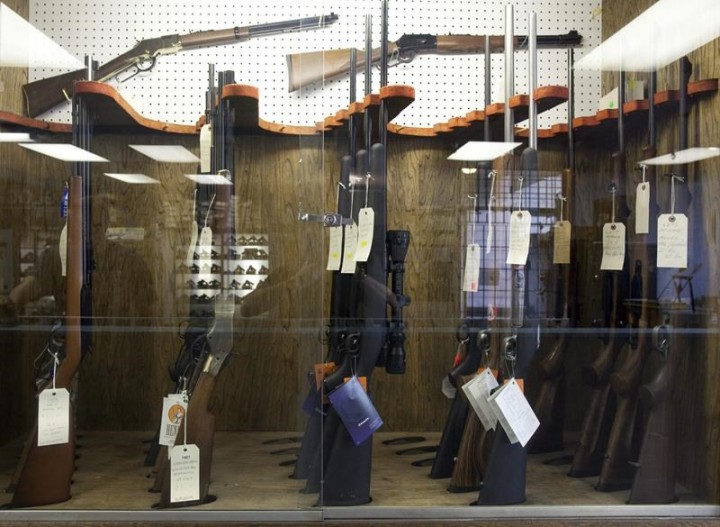OTTAWA — The Liberal government has finalized long-promised firearm regulations that ensure someone buying a gun actually has a valid licence and require vendors to keep sales and inventory records.
The measures announced Wednesday by Public Safety Minister Marco Mendicino represent the latest steps toward fully implementing Bill C-71, which received royal assent in 2019.
At the time, the government said it would require sellers to verify the validity of a firearms licence before selling a non-restricted firearm, such as a basic rifle or shotgun.
However, proposed regulations published last year included no obligation on the part of a seller to check with the federal firearms registrar to see if a prospective gun buyer had a valid licence — an omission that sparked criticism from gun-control advocates.
The final regulations made public Wednesday close that loophole.
Effective May 18, individuals and businesses transferring or selling a non-restricted firearm will need to confirm the recipient’s identity and check the validity of their firearms licence with the registrar beforehand, providing the recipient’s licence number and any other information requested.
In addition, businesses must now keep records of inventory and sales related to non-restricted firearms.
The Conservatives swiftly accused the Liberals of reviving the national long-gun registry created by the Liberals in the 1990s and abolished by Stephen Harper’s Tory government.
“Justin Trudeau said he would never enact a long-gun registry and today he is breaking that promise to Canadians by passing off the responsibility to maintain a registry to retailers who sell firearms to lawful and properly licensed Canadians,” the Conservatives said in a statement.
The government said there were key differences between the new system and the old gun registry.
The sales records will be kept by businesses, not the firearms registrar. In addition, police will need reasonable grounds, and often a court-approved warrant, to gain access to these business records, the government said.
A similar requirement for vendor record-keeping was in place between 1979 and 2005.
Mendicino said Wednesday the measure will make it easier for law enforcement to investigate and trace gun crime, adding that many businesses are already recording such sales out of due diligence.
Overall, the minister characterized the latest regulations as “sensible and safer rules around the sale and transfer of firearms.”
“These new rules will ensure that those people who aren’t allowed or shouldn’t have access to a gun can’t get one and prevent guns from falling into the wrong hands,” he told a news conference attended by advocates who have long pushed for stricter provisions.
The new licence verification regulation was hailed as a “fundamental and common-sense measure” by gun-control group PolySeSouvient, which includes students and graduates of Ecole polytechnique in Montreal, where a gunman killed 14 women in 1989.
The group also welcomed the revival of commercial sales records, saying Montreal police consulted gun store records in their investigation of the Polytechnique shooter.
Ken Price of Toronto group Danforth Families for Safe Communities said “it’s really the detail around these regulations that will make the legislation effective. So to see that level of detail and consultation is good.”
Bill C-71 also expanded background checks to determine eligibility for a firearms licence to a person’s entire life, not just the last five years, and broadened grounds to cover an applicant’s history of intimate partner violence and online threats.
In addition, it requires owners to have a separate Authorization to Transport (ATT) when taking restricted and prohibited firearms to any place except an approved shooting facility.
This report by The Canadian Press was first published May 11, 2022.
Jim Bronskill, The Canadian Press
